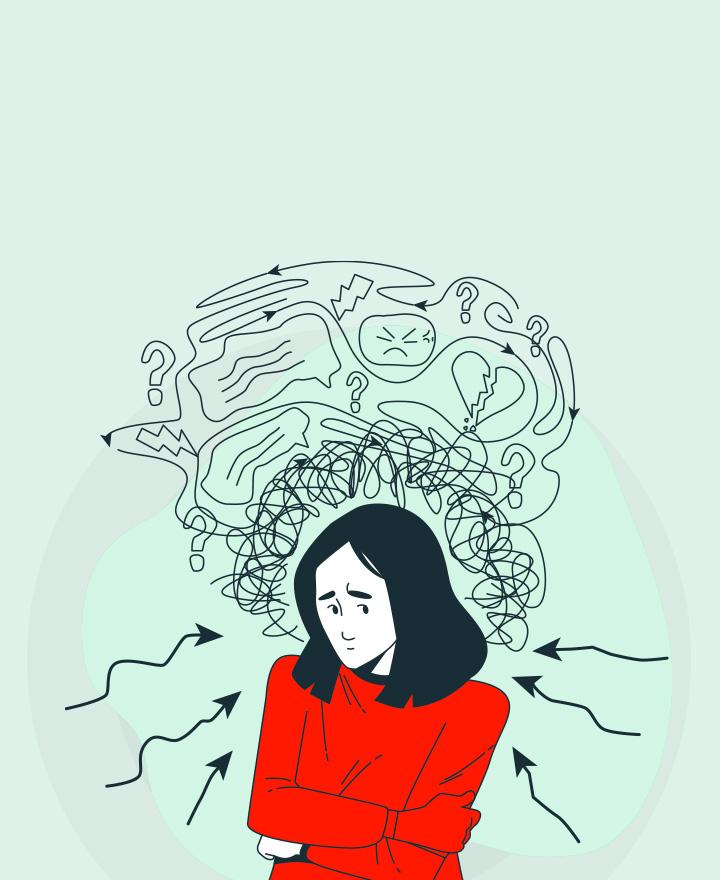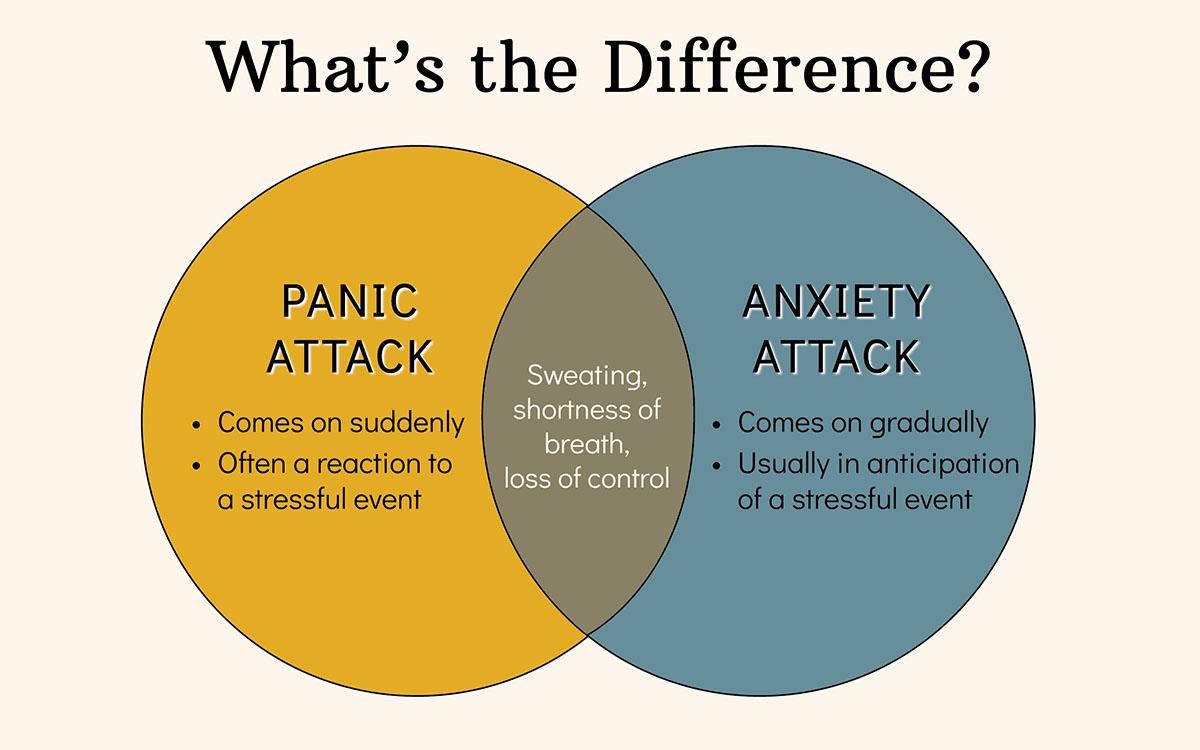
Can lifestyle changes help reduce the frequency of panic attacks?
Panic Attacks: Understanding, Managing, and Overcoming
Panic attacks are sudden and intense episodes of fear that can be overwhelming and debilitating. They can strike unexpectedly, leading to a range of physical and emotional symptoms. Understanding panic attacks is crucial for those who experience them, as well as for their loved ones. In this article, we will delve into panic attacks, exploring their symptoms, causes, and effective management strategies.
What is a Panic Attack?
A panic attack is a sudden episode of intense fear or anxiety that triggers severe physical reactions when there is no real danger or apparent cause. These episodes can happen at any time, even during relaxation or sleep. While panic attacks are not physically harmful, they can significantly affect one’s quality of life.
Symptoms of Panic Attacks
The symptoms of a panic attack can vary from person to person but typically include:
- Rapid heartbeat or palpitations
- Shortness of breath or a feeling of choking
- Chest pain or discomfort
- Feeling dizzy, lightheaded, or faint
- Trembling or shaking
- Nausea or abdominal distress
- Chills or hot flashes
- Numbness or tingling sensations
- Feelings of unreality or detachment from oneself
- Fear of losing control or “going crazy”
- Fear of dying
Causes of Panic Attacks
The exact cause of panic attacks is not fully understood, but several factors may contribute:
1. Genetics
A family history of panic attacks or anxiety disorders can increase the likelihood of experiencing them.
2. Brain Chemistry
Chemical imbalances in the brain, particularly involving neurotransmitters like serotonin and norepinephrine, may play a role.
3. Stressful Life Events
Major life changes, such as the death of a loved one, relationship problems, or job loss, can trigger panic attacks.
4. Medical Conditions
Certain medical conditions, including thyroid problems or heart disease, can mimic panic attack symptoms.
5. Substance Abuse
Using drugs or alcohol, or withdrawing from them, can increase the risk of panic attacks.
Benefits of Understanding Panic Attacks
Understanding panic attacks can provide numerous benefits, including:
- Improved management of symptoms
- Reduction in anxiety about potential future attacks
- Enhanced communication with healthcare providers
- Strengthened support systems among friends and family
Practical Tips for Managing Panic Attacks
Here are some effective strategies to manage panic attacks:
- Deep Breathing: Practice slow, deep breaths to help calm the body and reduce anxiety.
- Grounding Techniques: Focus on your surroundings by identifying five things you see, four things you can touch, three things you hear, two things you smell, and one thing you can taste.
- Progressive Muscle Relaxation: Tense and then relax each muscle group in your body to relieve tension.
- Mindfulness and Meditation: Engage in mindfulness practices to help stay present and reduce anxiety.
- Exercise: Regular physical activity can help reduce stress and anxiety levels.
- Talk to Someone: Sharing your feelings with a trusted friend or therapist can provide emotional support.
Case Studies: Real-Life Experiences with Panic Attacks
Understanding panic attacks through real-life experiences can provide insight into their impact and management. Here are two brief case studies:
| Name | Experience | Strategy Used |
|---|---|---|
| Sarah | Experienced panic attacks after a traumatic event. | Therapy and mindfulness practices helped her regain control. |
| John | Suffered from panic attacks during high-pressure situations. | Learned deep breathing and grounding techniques to manage symptoms. |
When to Seek Professional Help
If you experience frequent or severe panic attacks, it may be time to seek professional help. Signs that you should consult a mental health professional include:
- Frequent panic attacks
- Persistent fear of having another attack
- Avoidance of places or situations where attacks have occurred
- Impact on daily life, work, or relationships
Conclusion
Panic attacks can be a frightening experience, but understanding them is the first step toward effective management. By recognizing the symptoms, identifying potential triggers, and employing practical strategies, individuals can regain control over their lives. Remember, you are not alone in this journey; support is available, and seeking help from a professional can provide the guidance needed to overcome panic attacks. If you or someone you know is struggling with panic attacks, don’t hesitate to take action and seek the necessary support.
